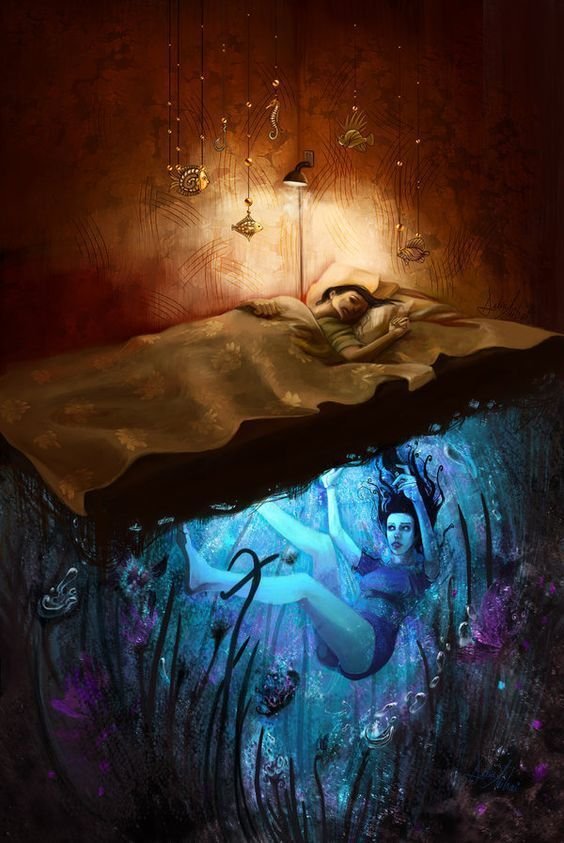
Edit Post
Imagine having a dream recorder—a device that captures the intricacies of our dreams in full detail. Such technology could have profound implications for our lives. For some, watching recorded dreams might serve as a source of motivation, inspiring them to pursue their aspirations with renewed vigor. Others might find spiritual enlightenment or introspective revelations through the playback of the... View more
Imagine having a dream recorder—a device that captures the intricacies of our dreams in full detail. Such technology could have profound implications for our lives. For some, watching recorded dreams might serve as a source of motivation, inspiring them to pursue their aspirations with renewed vigor. Others might find spiritual enlightenment or introspective revelations through the playback of their dreams, unlocking hidden layers of their subconscious. Additionally, the ability to record dreams could fuel creativity, offering a wellspring of inspiration for artists, writers, and filmmakers. From crafting captivating narratives to exploring the depths of the human psyche, recorded dreams could serve as a rich source of material for various forms of expression. Imagine the potential for generating gripping horror movie scripts or fantastical tales based on the surreal landscapes of our dreams. View less
- 0 0
- 0 0
-

-
rachel varghese
published solution: 1 year beforeIf we could record our dreams, it would revolutionize how we understand and experience our subconscious minds. This technology could offer insights into our emotions, thoughts, and even help with therapeutic interventions. Additionally, it might lead to advancements in sleep research and the treatment of sleep disorders. However, ethical considerations regarding privacy and consent would need careful attention.
0 1 0 0 1 0 -
Ajith L Rajan
published solution: 1 year beforeIf we had the ability to record our dreams by the year 2030, it could open up a whole new realm of possibilities for understanding ourselves and our subconscious minds. Advanced neuroimaging technology combined with AI algorithms might enable us to capture and analyze the intricate patterns of brain activity associated with dreaming. These recordings could be stored digitally, allowing individuals to revisit and explore their dreams in vivid detail. This could have profound implications for fields such as psychology, neuroscience, and even entertainment. By studying dream recordings on a large scale, researchers could gain deeper insights into the nature of consciousness, memory, and emotions. Individuals might also use dream recordings for personal growth and self-discovery, gaining insights into their fears, desires, and unresolved conflicts. Additionally, dream-sharing platforms could emerge, allowing people to connect and exchange experiences from their dream worlds. However, ethical considerations regarding privacy, consent, and the potential misuse of dream data would need to be carefully addressed. Overall, the ability to record dreams could revolutionize our understanding of the human mind and offer new avenues for exploration and discovery in the years to come.
0 1 0 0 1 0 -
RAHUL BABU
published solution: 1 year beforeThe ability to record dreams would revolutionize psychology, neuroscience, and entertainment. It could offer insights into the subconscious mind, aid in therapy, and enhance virtual reality experiences. Ethical considerations and privacy concerns would arise, but the potential for unlocking the mysteries of the mind and creating immersive experiences is intriguing.
0 1 0 0 1 0


